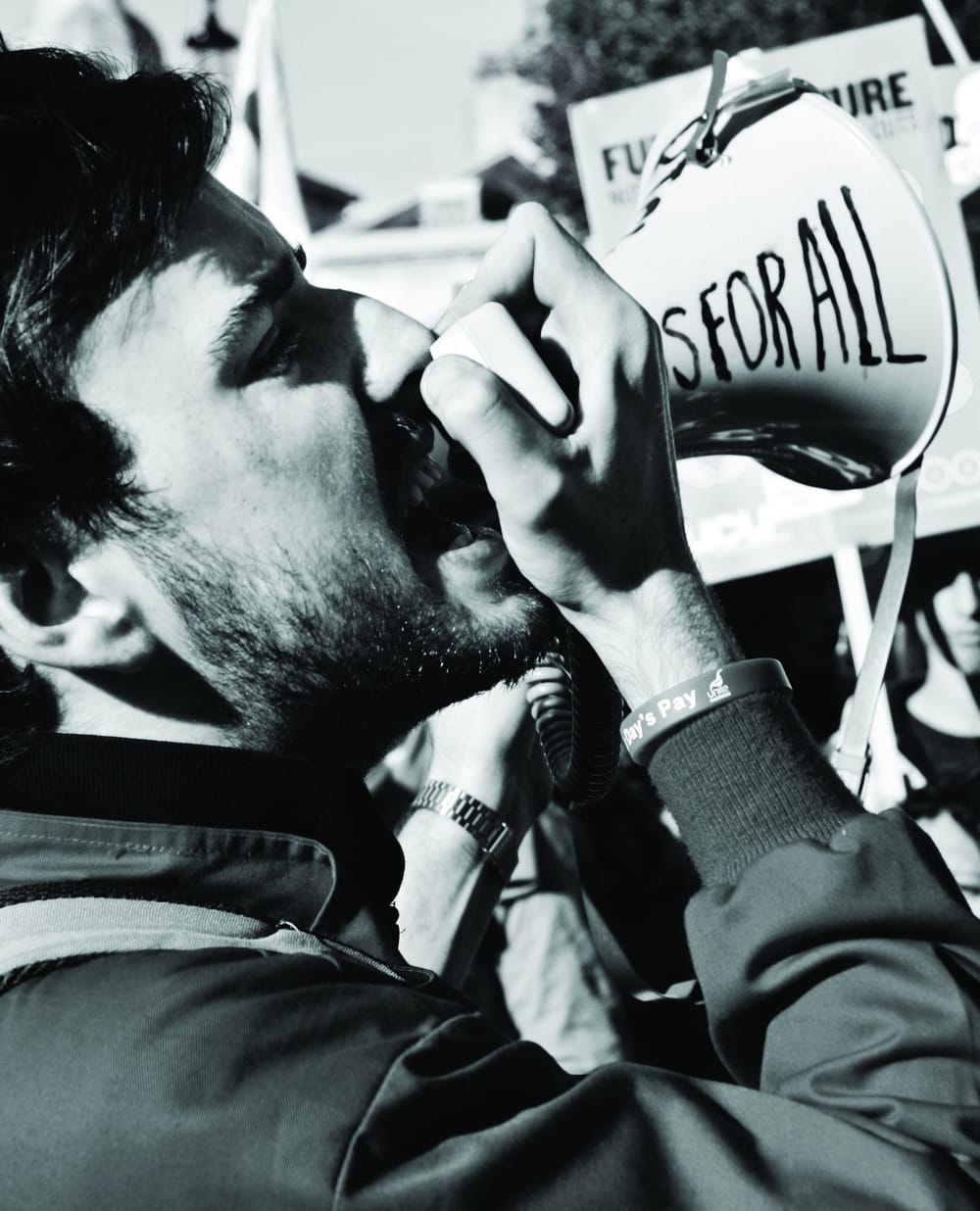If you care, fight
Even if you aren’t directly affected by the cuts to higher education, you should still show your support argues Jennifer Watson

According to the most reliable and useful source known to a student (Wikipedia), England has four of the top ten universities in the world.
For such a tiny island this seems a little disproportionate, but one has to admit that England has a damn good higher education system.
Now consider how quickly that might change when the government cuts funding for all humanities and arts subjects. I hear you, Imperial isn’t going to be affected, but Imperial is the only one of the top four that doesn’t do arts and humanities.
Spending cuts are necessary; the economy is in a poor state and something must be done. But for a country so very dependent on academia, on skilled labour and industry, cutting funding to education is like a fisherman selling his net. England cannot maintain a brilliant standard of education when the government expects institutions built over hundreds of years to recover from such devastating blows.
How stretching universities to the brink of financial ruin is meant to improve our experience I have no idea
And then of course there is the issue of tuition fees. The government claims that they will improve the student experience, make it fairer for the disadvantaged, but Oxford has said that it needs to increase fees to £8,000 just to make up for the cuts to its funding and the mandatory bursaries for poorer students will increase this to £9,000. How stretching universities to the brink of financial ruin is meant to improve our experience I have no idea.
Imperial has made itself heard on the issue of cuts and tuition fees, and I for one have made myself heard at the recent student demonstrations. The latest protest that I attended was the calmest of the lot with not a single kettle in sight and brilliant fun. I marched with thousands of other students, there were people with drums, a guy with speakers on his bike, and we owned the streets of London for an afternoon.
I won’t be affected by the fee increase, and I won’t be affected by the cuts to art and the humanities, but I marched for the future, for the people who would be, whilst Imperial maintains an air of apathy about the whole thing, perhaps even an eagerness to get in on the higher tuition fees.
What happened to the Life Sciences department is certainly representative of Imperial’s eagerness to save money, at the cost of many much–loved professors. When the cuts actually take place, how many other universities will make similar ‘efficiency savings’? How many academics can expect to lose their jobs? And when we graduate, how many jobs will there be left to fight over? Science might be ring–fenced, but it is already feeling the squeeze.
Despite Imperial’s stance I wish to call on you to rise from your books and your equations, to step boldly into the sunlight (or drizzle),and make a stand for our future and the future of all students. Let us go to the defence of England’s academic reputation and our peculiar brothers and sisters, the art students, whose universities are even more at stake and whose strange hairstyles are a subject of fascination.
On Saturday the 26th of March, the Trade Union Congress is holding a huge demonstration in London to protest about the cuts and a massive student movement is joining them. Let us join them in solidarity. Find your political opinion and make it heard, whether you want to roam the streets shouting or have a sit down on Oxford Street with a guitar and a giant carrot (the police didn’t like it when we did that), this democracy should be tested, and as students we are expected, if not obliged, to do more than just study and drink.
The March for the Alternative will start at Victoria Embankment at 11 am, but for the people with hangovers the destination is Hyde Park at about 1 pm where people will rally. You could wander over just to see what a normal student looks like.
So if you disagree with the cuts, with the fees, with faux-hawks, make it heard and attend, because we’re marching in defence of the future, in defence of knowledge, and in defence of democracy.





